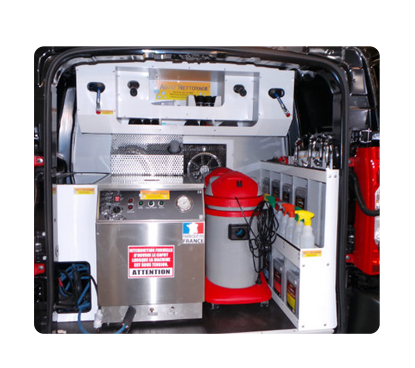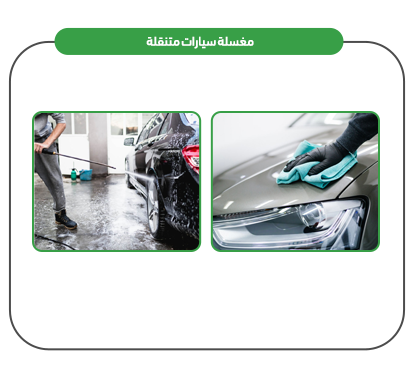According to the macroeconomic theory of sectors, the economy is divided into three main and large sectors: the first; – the sector that is based on collecting raw materials and includes mining companies, timber companies, oil exploration companies, in addition to agricultural and fishing industries. The second sector; – the sector that depends on goods and their sale. Like this: (The automobile industry, furniture, clothing trade, etc.). The third sector, known as the “services” sector, is responsible for providing and producing services that are fundamentally intangible. This sector includes various industries such as transportation, healthcare, education, finance, tourism, hospitality, and more, focusing on delivering services rather than physical goods. Like this: Entertainment, healthcare, transportation, hospitality, restaurants, and more. This theory suggests that as countries advance, their economies rely more on the third sector, unlike primitive countries, which depend largely on the first sector. For example, in the United States, the service sector makes up 85% of its economy.
Kingdom of Saudi Arabia:
The service sector is considered a large sector when we take a closer look at its activities. It includes wholesale and retail trade, restaurants and hotels, transportation, storage, information and communications, financial services, insurance, real estate, business services, community, social, and personal services, and finally, government services. Below, we will present the key indicators of the sector in Saudi Arabia.
- The contribution of the services sector to Saudi Arabia’s GDP is approximately 48.2%.
- The activity of “wholesale and retail trade, restaurants, and hotels” contributes approximately 10.8% to the GDP.
- The activity of “transportation, storage, information, and communications” contributes approximately 6.6% to the GDP.
- The activity of “financial services, insurance, real estate, and business services” contributes 6.4% to the GDP.
- The contribution of “Collective, Social, and Personal Services” activity to the GDP was 2.5%.
- The activity of “government services” contributes 21.9% to the GDP.
The State of Qatar:
- The value of wholesale and retail trade activity in Qatar is estimated at approximately 50,083 million Qatari riyals.
- The number of establishments operating in wholesale and retail trade reaches 11,139, with 213,954 employees working in these establishments.
- The compensation for employees in the wholesale and retail trade activity has reached 11,288,877 thousand Qatari riyals.
- The number of establishments operating in the hotel and restaurant sector reaches 2,396, with 78,194 employees working in these establishments.
- The compensation for employees in the hotel and restaurant sector has reached 2,947,431 thousand Qatari riyals.
- The number of mobile phone subscribers in Qatar (regular subscription) is 976,015 individuals.
- The number of mobile phone subscribers (prepaid services) in Qatar is 2,941,556 individuals.
- The length of roads paved in the previous year in Qatar reached 2,224 kilometers.
- The number of driving licenses issued in the previous year was 242,923 licenses.
- The compensation of employees in the transportation and communications sector is 24,338,223 thousand Qatari riyals.
- The number of insurance policies issued in Qatar during the past year was 715,897 policies.
- The number of establishments operating in “Business Services” activities is 4,973 establishments.
- The number of workers in “Business Services” activities is 215,285 employees.
- The compensation for workers in “Business Services” activities exceeds 15,347,819 thousand Qatari Riyals.
- The number of workers in “Social and Personal Services” activities in the private sector reaches 80,569 employees.
- The compensation for employees in the “social and personal services” activities in the private sector is estimated at approximately 6,127,645 thousand Qatari riyals.
State of Kuwait:
- Wholesale and retail trade contributes approximately 1,644.3 million Kuwaiti dinars to the country’s GDP.
- Restaurants and hotel activities contribute approximately 418.6 million Kuwaiti dinars to the GDP of Kuwait
- Transportation, storage, and communication activities contribute approximately 2,554.5 million Kuwaiti dinars to the GDP.
- The paved road lengths in Kuwait are 91,340,068 square meters.
United Arab Emirates:
- Wholesale, retail and repair of motor vehicles and motorcycles contributes 12.3% to GDP (AED 172,288 million).
- Transport and storage activity contributes 5.9% to GDP (AED 82,461 million).
- Activities related to accommodation and food services contribute 2.3% (32,357 million dirhams) to the GDP.
- The information and communication sector contributes 2.9% (41,347 million dirhams) to the GDP.
- The contribution of insurance activities to the GDP is estimated at 9.6% (134,773 million dirhams).
- The number of insurance policies issued by the end of the last year was 7,584,607 policies.
- The wholesale and retail trade sector accounts for 13% of the total workforce in the United Arab Emirates.
- The transportation and storage sector accounts for 6.2% of the total workforce in the country.
- Approximately 5% of the total workforce is employed in accommodation and food services activities.
Sultanate of Oman:
- The Sultanate’s GDP is 29.3 billion Omani riyals.
- Wholesale and retail trade contributes 7% to the GDP, amounting to 2,064.7 million Omani Rials.
- Restaurants and hotels contribute 1.1% to the GDP, amounting to 308.6 million Omani Rials.
- Transportation, storage, and communications activities contribute approximately 5.9% to the GDP, amounting to 1,721.2 million Omani Rials.





